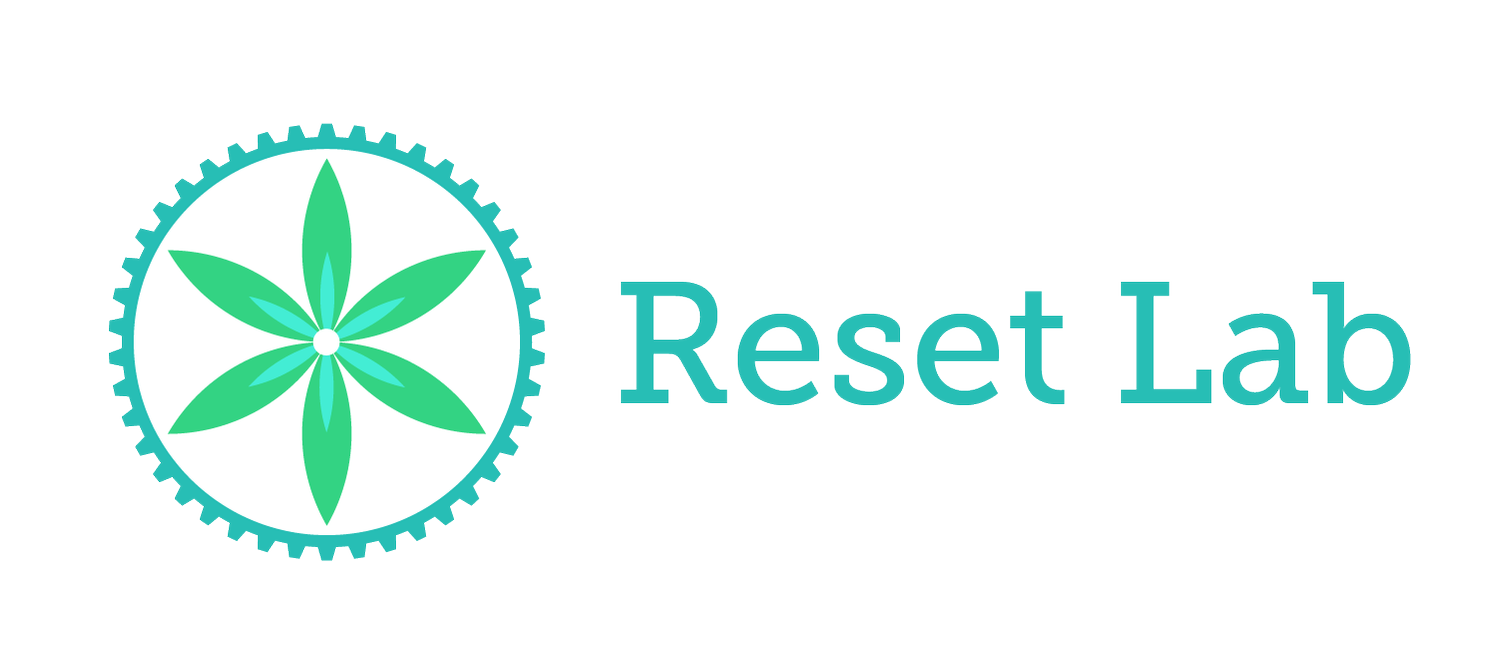SYMPTOM SOLVER
Thyroid Balance
Symptom
You might not think much about your thyroid — that butterfly-shaped gland in your neck — until it starts waving a flag for help. But behind the scenes, it's influencing energy, mood, metabolism, weight, body temperature, hair, and mental focus.
If you're feeling sluggish, cold when others aren’t, flat in mood, gaining weight despite eating well, thinning eyebrows, or brittle nails… your thyroid might be whispering — or shouting — for support.
Menopause Connection
During peri‑menopause and post‑menopause, estrogen and progesterone fluctuate, impacting thyroid function.
Estrogen dominance increases thyroid‑binding globulin (TBG), reducing active hormone availability, and low progesterone can reduce thyroid hormone production and conversion.
Add stress, poor sleep, or a sluggish liver, and your thyroid may slow down due to lack of nutrients or hormonal imbalance — leaving you foggy, heavy, and tired (Dr. Anna Cabeca, Women's Health Services, Rupa Health).
Support Strategy
1. Nourish Your Thyroid
Ensure adequate intake of key nutrients:
Iodine: seaweed, eggs, iodized salt
Selenium: 1–2 Brazil nuts/day or foods rich in selenium
Zinc: pumpkin seeds, beef, oysters
Tyrosine: eggs, turkey, fish
Iron: essential for T4→T3 conversion (refer to heavy bleeding guidance)
Vitamin D: test and supplement if needed
2. Support Your Adrenals
Thyroid and adrenals work as a team — if you're stressed or burned out, thyroid production slows as a protective response.
Prioritize rest and recovery
Use calming herbs or techniques (see Anxiety & Headaches solver)
Keep blood sugar stable with protein at meals
3. Lighten the Liver Load
Your liver converts T4 to active T3. A sluggish liver slows this process.
Use lemon and water first thing in morning to stimulate bile flow
Avoid excess coffee/alcohol
Reduce toxin load (see your Liver Support Solver)
Eat plenty of fresh green vegetables especially broccoli cauliflower and cabbage
Follow the outline of this program and it will support the liver in many ways
4. Rule Out Autoimmune or Inflammation
Hashimoto’s is common in peri‑menopause. If symptoms persist, speak to your practitioner about testing:
TSH, Free T4, Free T3
Thyroid antibodies (TPO, TgA)
Reset Remedies
Supplements
Thyroid Support Complex (e.g., MediHerb or Metagenics) — includes selenium, zinc, tyrosine, herbs ADD TO CART
B-complex with active B2, B6, B12, folinic acid, magnesium ADD TO CART
Herbal Teas
Liver Love Tea — for detox and conversion pathways ADD TO CART
Key Genetic Influences
MTHFR C677T / A1298C – slow methylation, impaired estrogen detox, may increase hypothyroid risk
COMT (rs4680, rs4633) – slower estrogen breakdown, may reduce progesterone signaling and thyroid activity
CYP1B1 / CYP1A1 variants – affect estrogen metabolism pathways, influencing thyroid receptor sensitivity
GPX1 / GSTM1 – impact antioxidant capacity and estrogen detox load
Final Summary
Your thyroid isn’t just about energy — it influences how alive and aligned you feel in your body. To support this vital gland:
Feed it targeted nutrients like iodine, selenium, zinc, tyrosine, iron, and vitamin D
Ease stress and support adrenals
Nurture your liver so T4 converts efficiently to T3
Rule out autoimmune or inflammatory causes when symptoms persist
